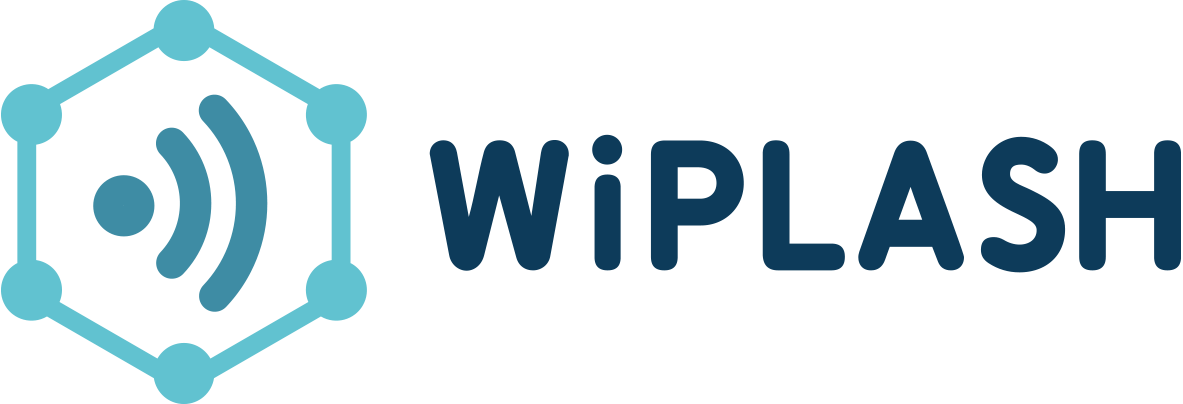Press Coverage
“For modern computing systems to work efficiently, communication needs to be as fast as computation’,” HiPEAC info 67, Nov 2022.
“Swiss simulations for advanced European processors,” SwissCore, 15 Apr 2021.
“The UPC leads a project to develop faster, lower-power processors for artificial intelligence,” Press release UPC, 27 Oct 2020.
“EU to Fund Three Groundbreaking Research Ideas,” Press release RWTH Aachen, 1 Oct 2019.
“AMO Launches Three New FET Open Projects,” AMO blog, 1 Oct 2019.
Follow WiPLASH on Research Gate.
Project News
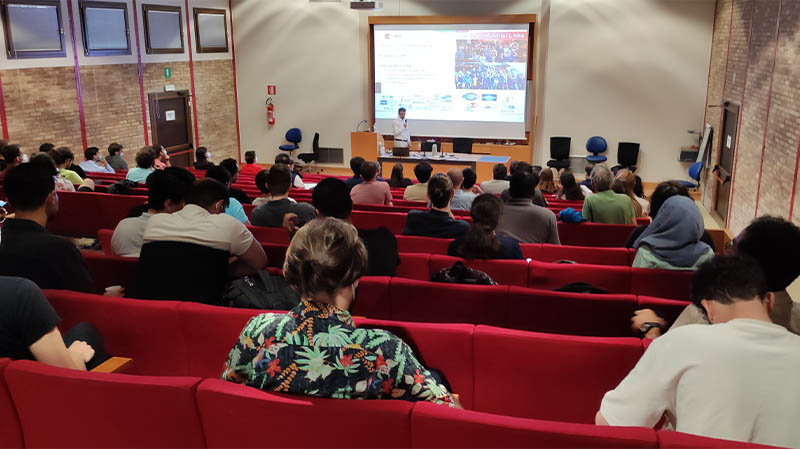
WiPLASH at the SSIE Summer School
WiPLASH was represented by various researchers at the DEI – IEEE Italy Section PhD Summer School. The double track summer school on “Machine Learning, Energy Efficient Electronics Science and ICT Applications” took place in Bressanone, Italy. Take a look at our tweets here and here.

Women of WiPLASH Podcast
In this new podcast episode, SPEAR’s Jelena Lazić discusses barriers & opportunities with four inspiring women working in the Wireless Plasticity for Massive Heterogeneous Computer Architectures (WiPLASH) project.
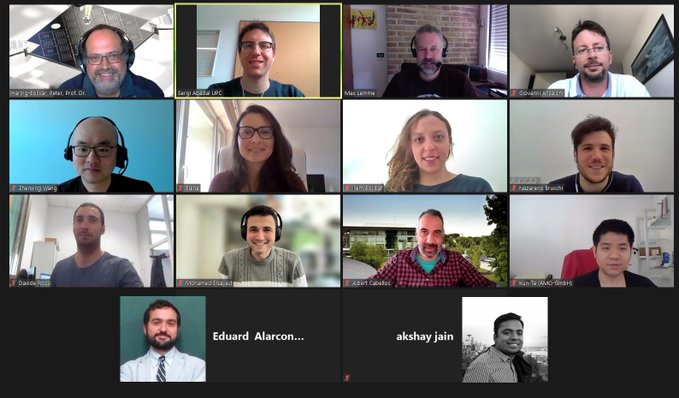
Fourth Plenary Meeting
On April 27, we had a full day of discussions around #graphene antennas, #wireless chip-scale communications, and #AI hardware architectures. Lots of exciting research ahead in the second half of WiPLASH!
Tutorial at HiPEAC 2021
We organized a tutorial "Using gem5 and RISC-V simulation to enable the optimization of heterogeneous architectures" where we delved into how to simulate wireless interconnects and RISC-V cores. The tutorial featured research talks by Marina Zapater (EPFL, HEIG-VD/HES-SO), Sergi Abadal (UPC), Irem Boybat (IBM), Alexandre Levisse (EPFL), and hands-on sessions by Joshua Klein (EPFL), David Truan (HEIG-VD/HES-SO).
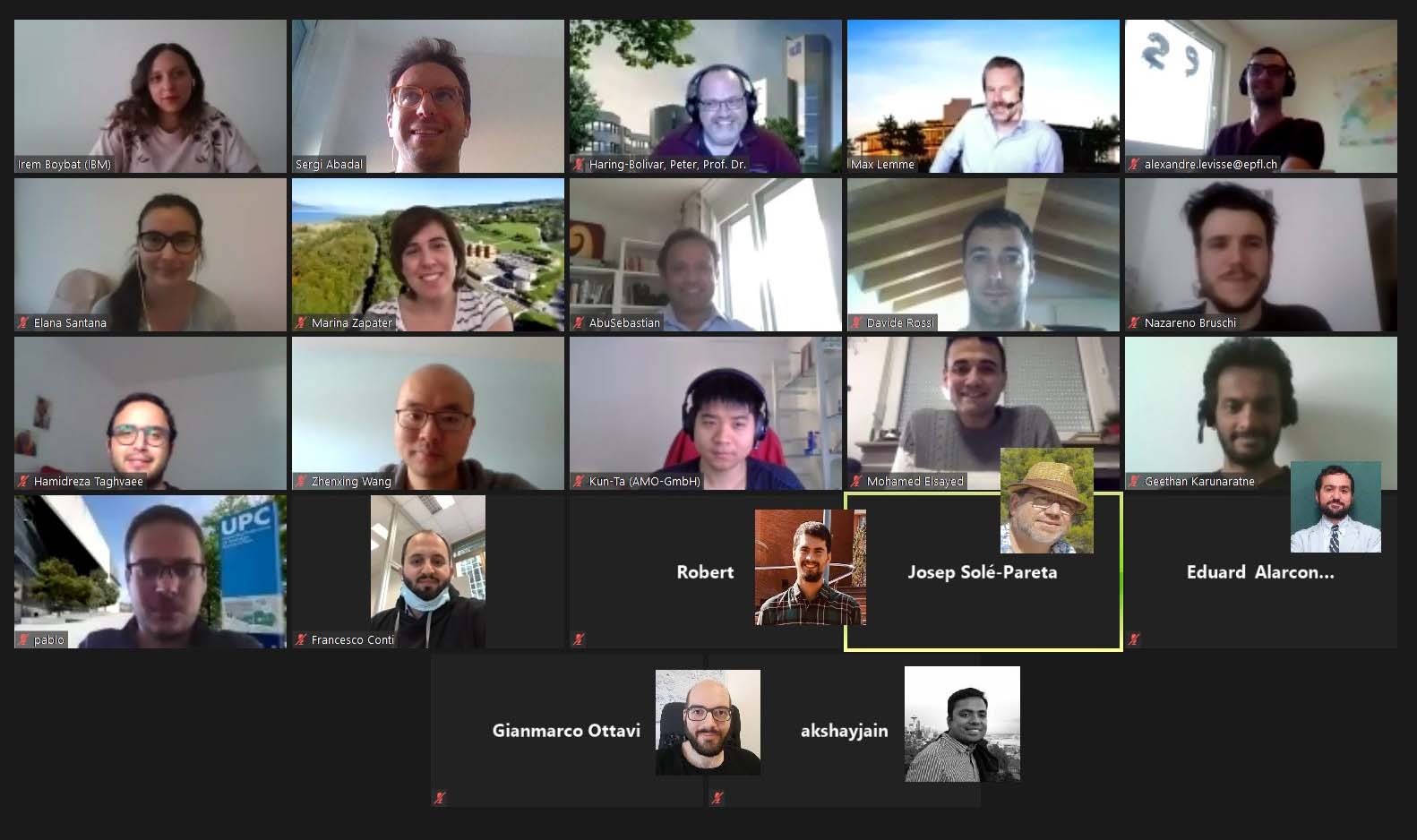
Third Plenary and Review Meeting
The 3rd plenary meeting and the review of WIPLASH took place virtually on 24 November 2020. We had 20+ representatives of all partners and very interesting discussions! With this and the review meeting, we officially conclude the first year. Looking forward to the next two!
Best Paper Award at ISVLSI2020
The project members Alexandre Lévisse, Marina Zapater and David Atienza received a best paper award at ISVLSI2020 for their work of DCDC converters and its thermal analysis. In WiPLASH, we'll use this framework to analyze chiplet-based wireless-enabled architectures.
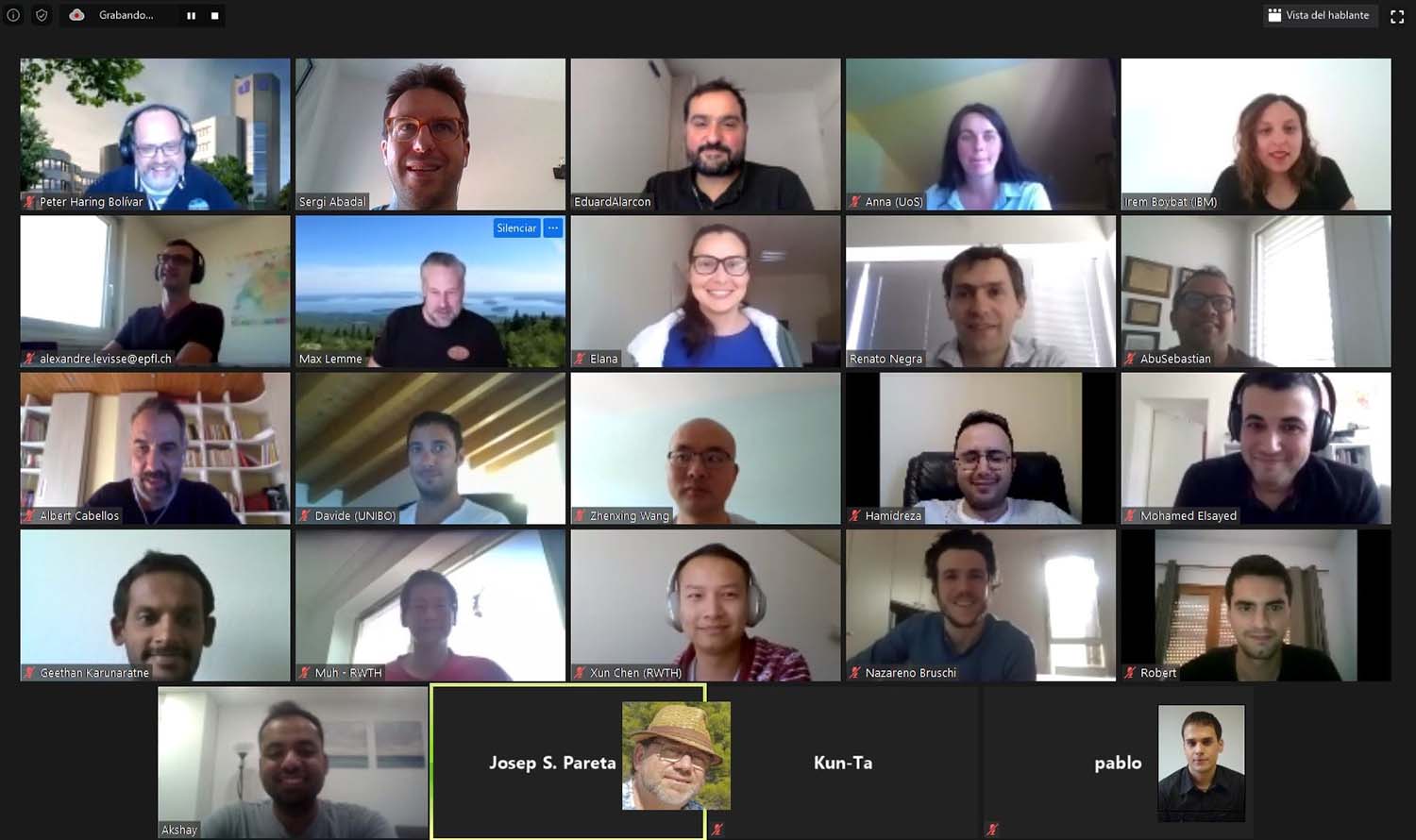
Second Plenary Meeting
The 2nd plenary meeting of WiPLASH was held on May 28, 2020. The meeting was virtual due to the COVID-19. On the bright side, we had a broad participation and fascinating discussions about the future of graphene antennas, wireless chip-scale comms and AI accelerators.
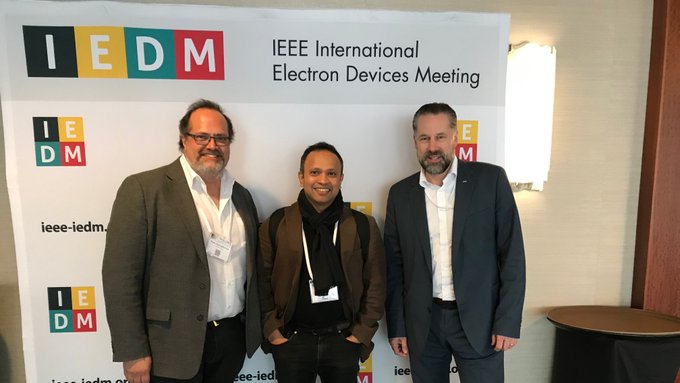
WiPLASH at IEDM 2019
WiPLASH partners met at the IEEE International Electron Devices Meeting (IEDM) 2019, which took place on 7-11 December in San Francisco. There, Peter Haring Bolívar, Abu Sebastian, Max Lemme and Luca Benini participated in the discussions on the state of graphene, optoelectronics, nanotechnology, emerging AI and mmwave RF.
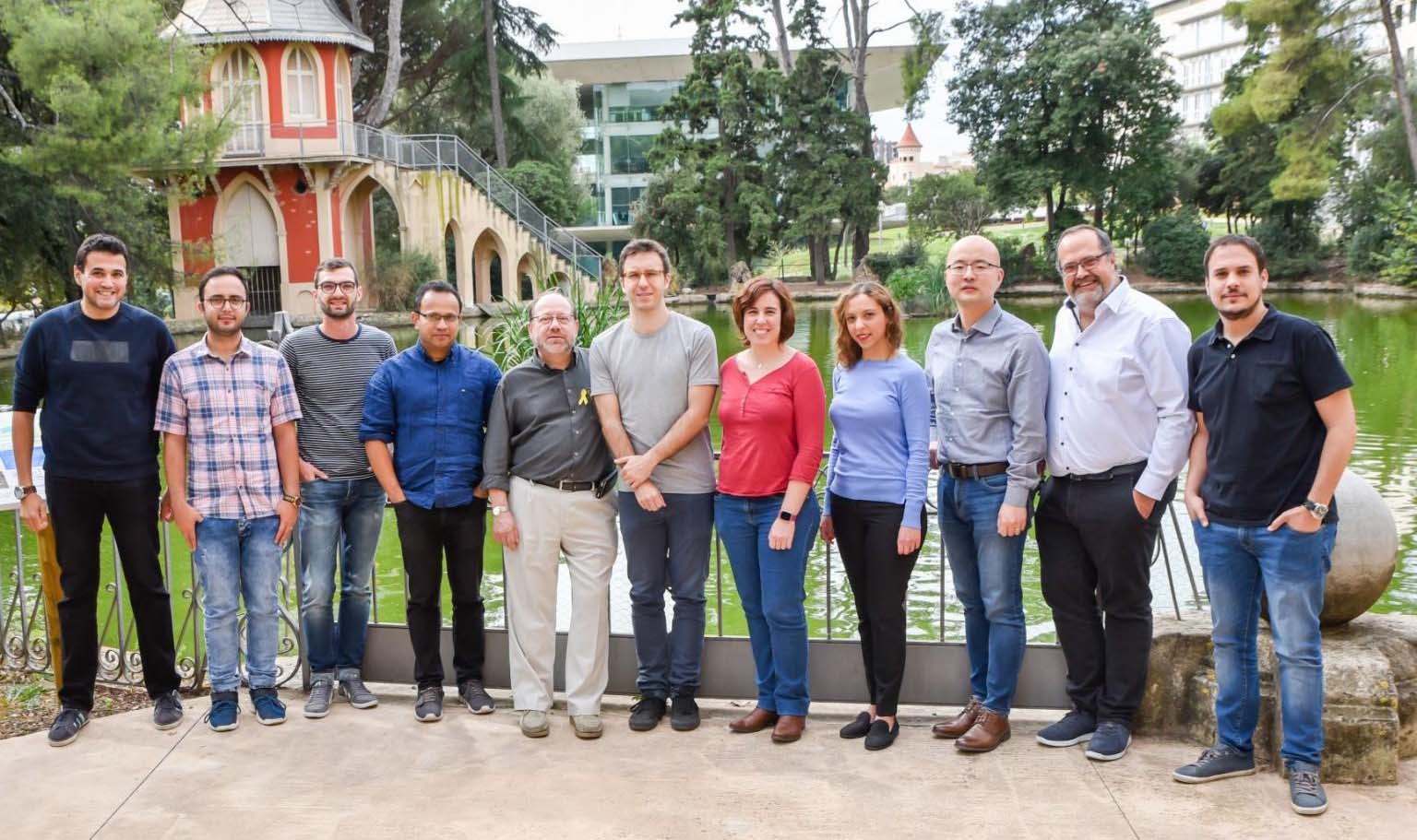
Kick-off meeting
The Kick-off Meeting of the H2020 FETOPEN project WiPLASH was held in UPC in Barcelona on the 17-18 of October 2019. Very exciting discussions to kickstart the project with diversity of experts in the fields of AI, NoC, graphene fabrication, and terahertz circuits and antennas for wireless on-chip communication.
Read more about our team below.
 This project has received funding from the European Union’s Horizon 2020 research and innovation programme under grant agreement No 863337.
This project has received funding from the European Union’s Horizon 2020 research and innovation programme under grant agreement No 863337.
Project Coordination: Sergi Abadal (UPC)
www.upc.edu
